Earlier this summer, my parents had a chicken crisis.
Several of their laying hens disappeared; sadly, free-range chickens occasionally become predator snacks. Compounding the issue, one of their remaining hens became broody. Instead of laying her eggs and walking away, she decided she was ready to actually be a Mom.
That’s great, of course! More little baby chicks running around is a good thing.
Except when you’re already down half a flock.
No one ate eggs for about two months this summer except Zac, and even for him I had to be judicious with his consumption.
All that to say, I suddenly had a strong survival interest in ways to preserve eggs. Once the egg production increased again, I intended to find ways to “set eggs by” so that IF we ever faced a drop in egg production, none of us – but especially not Zac – would have to worry that we’d run out of one of his few, vital safe foods.
I’ve read that freezing eggs is wonderful, but with two full sized freezers and one small freezer (not to mention the one attached to my fridge in the house) already chock full of blueberries, cauliflower, chicken, and beef, well…I just don’t have enough room for more frozen foods!
So I figured I’d give dehydrated eggs a try.
It’s pretty simple to do, actually. I read several websites about dehydrating eggs, and two basic methods were presented. The “cook-dry” method, where you cook the scrambled eggs and then dehydrate them, and the “wet-dry” method, where you just dehydrate raw, uncooked egg.
Since every website – and every comment on those websites – said the wet-dry method was better, I saved myself the trouble and started there.
Here’s what you do:
Crack the eggs into your blender. Blend until smooth.
Pour the egg onto silpat sheets on your dehydrator tray. Don’t pour too much or it will overflow!
Set the temperature at 145 degrees and turn the machine on.
About 8 hours later, you’ll have this:
When you gently swipe it with your fingers, it turns into this:
Then toss it back into your blender and process until it’s a fine powder. You can skip this step, if you like; however, blending the crumbles into a powder is apparently crucial to making sure your reconstituted eggs don’t taste grainy and…off. Try it both ways if you’re curious.
I used 6 eggs, and wound up with about 1/2 cup of egg powder.
Ta-da! You’ve got dehydrated eggs.
Now, to use these eggs, everything I read suggests that 1 T. of the powder plus 2 T. of water equals to one egg.
That seemed strange to me, since I know I started with 6 eggs but wound up with 8 T. of egg powder.
For that reason, I used 1 T. plus 1 tsp. per reconstituted egg.
Once I added the 2 T. of water, I whisked it together with a cute little baby whisk.
Looks like eggs, doesn’t it?
Then I scrambled them up.
The verdict?
Not bad.
Not great, either.
They taste just like eggs, and I didn’t note any of the graininess so often reported on dehydrating egg posts, but they just weren’t as fluffy as freshly scrambled eggs.
Then I remembered one tiny little comment I’d read somewhere that recommended using MILK instead of water to reconstitute the eggs.
I gave it a shot with our goat milk.
BINGO! We have eggs!
They still weren’t as good as freshly scrambled eggs, but they were a far sight better than the ones reconstituted with water.
Now, whether using milk or water to reconstitute the eggs, the trick to remember is to mix the powder and the liquid together – and then let it sit for at least 5 minutes before cooking.
I followed the allotted 5 minute rule each time, so I can’t tell you what will happen if you don’t let the mixture sit for 5 minutes, but that’s the rule I read everywhere I looked.
If you’re brave enough to rush things, let me know what dire consequences present, okay?
In summary, I don’t think I’d dehydrate eggs just for the taste of it. Fresh eggs will always taste better when cooked.
But rehydrated egg powder isn’t horrible, and will certainly allow me to set eggs by in case of another flock emergency.
This trick will come in handy for those who travel and would like to have a guaranteed source of safe eggs while on the road, and while I haven’t yet tried it, everyone – even those who didn’t like the cooked dehydrated eggs – said the egg powder worked just fine in baked goods.
So there you have it. If eggs are safe for you, but you seek out (or have your own) free-range eggs, go ahead and dehydrate them.
They’re perfect for baking, traveling, and for those times when the girls just aren’t laying.
Oh, and for storage? The standard food storage rules apply. Remove as much air as possible, and store in a cool, dark place.
I’ve read that dehydrated eggs in a plain old Ziploc will keep for up to a year; if properly stored with vacuum sealing, they apparently can keep for up to 5 years (or longer, depending on who you ask!).
I don’t think I need to fret about storing dried eggs for that long. I just want to make sure we don’t run out of eggs during a temporary shortage.
So give dehydrated eggs a try! You may be surprised!
Happy Preserving!
Have you dehydrated eggs before? How did it work out for you? What’s your favorite method of storing eggs?
__________
This recipe shared with:






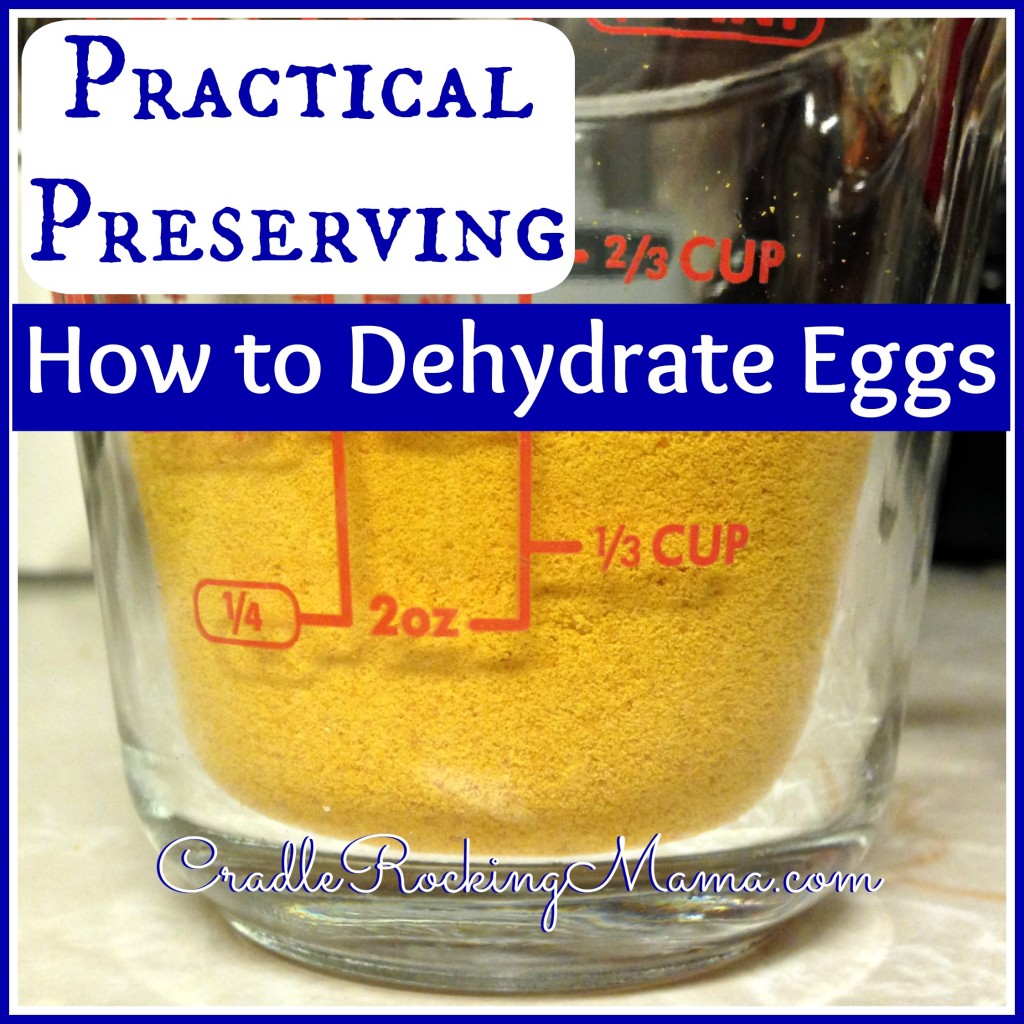
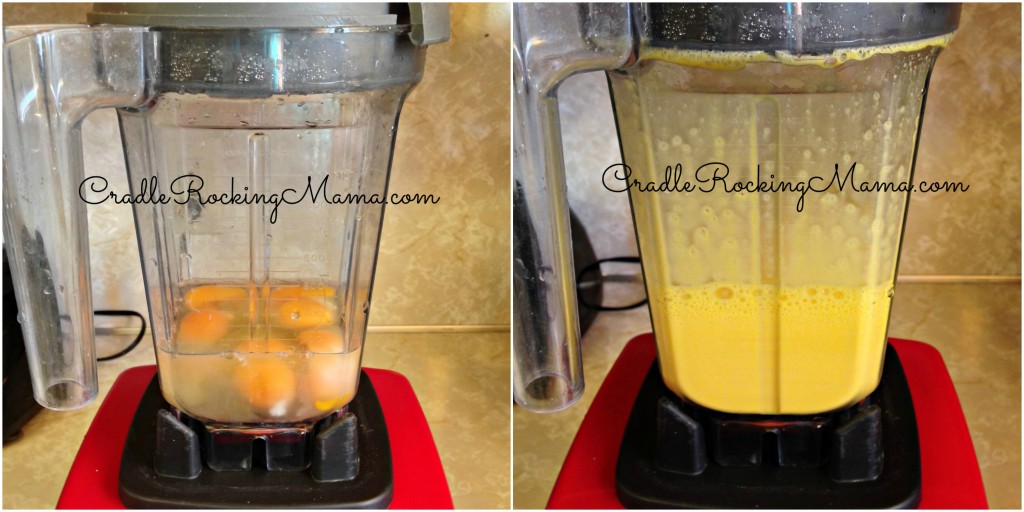
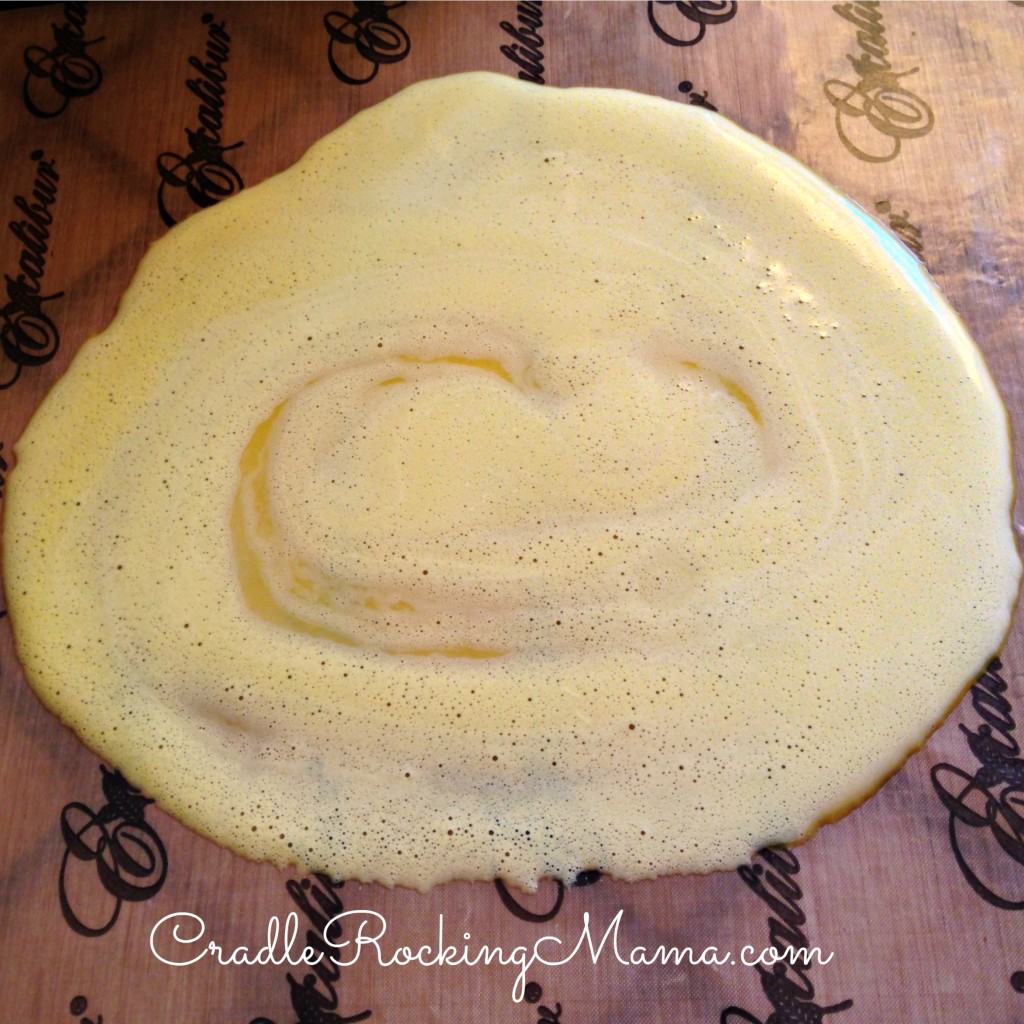
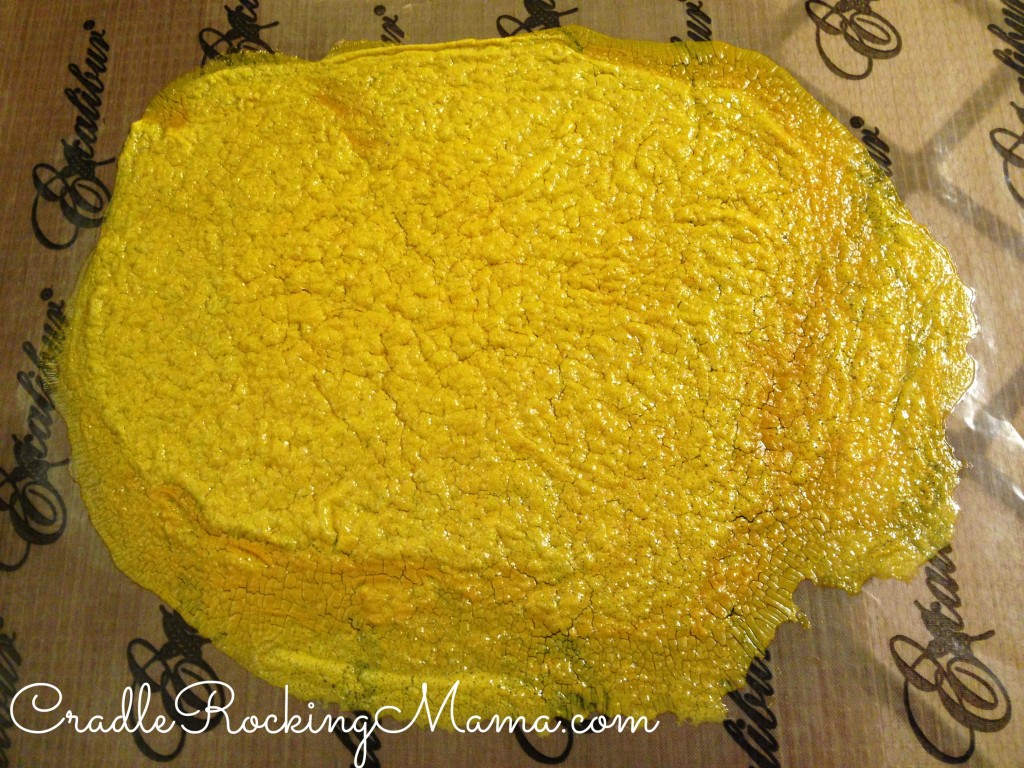
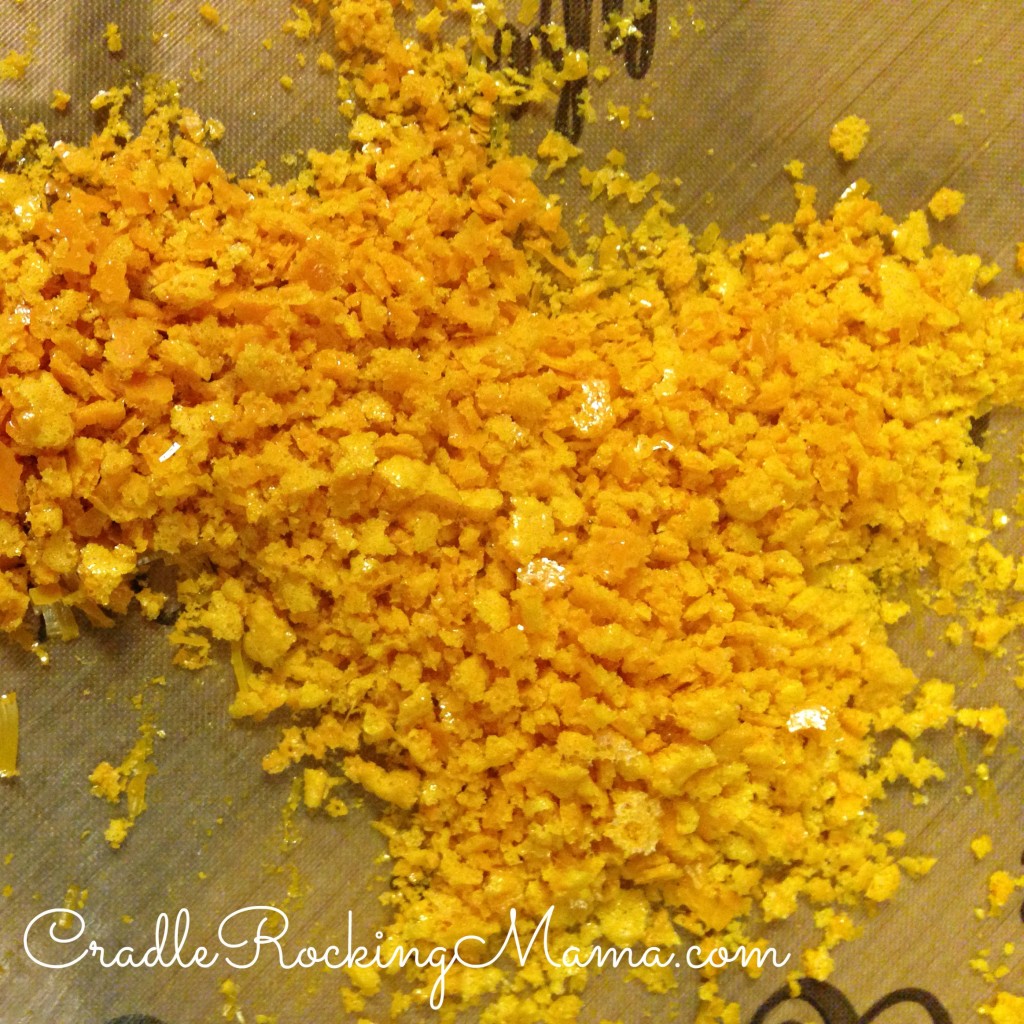
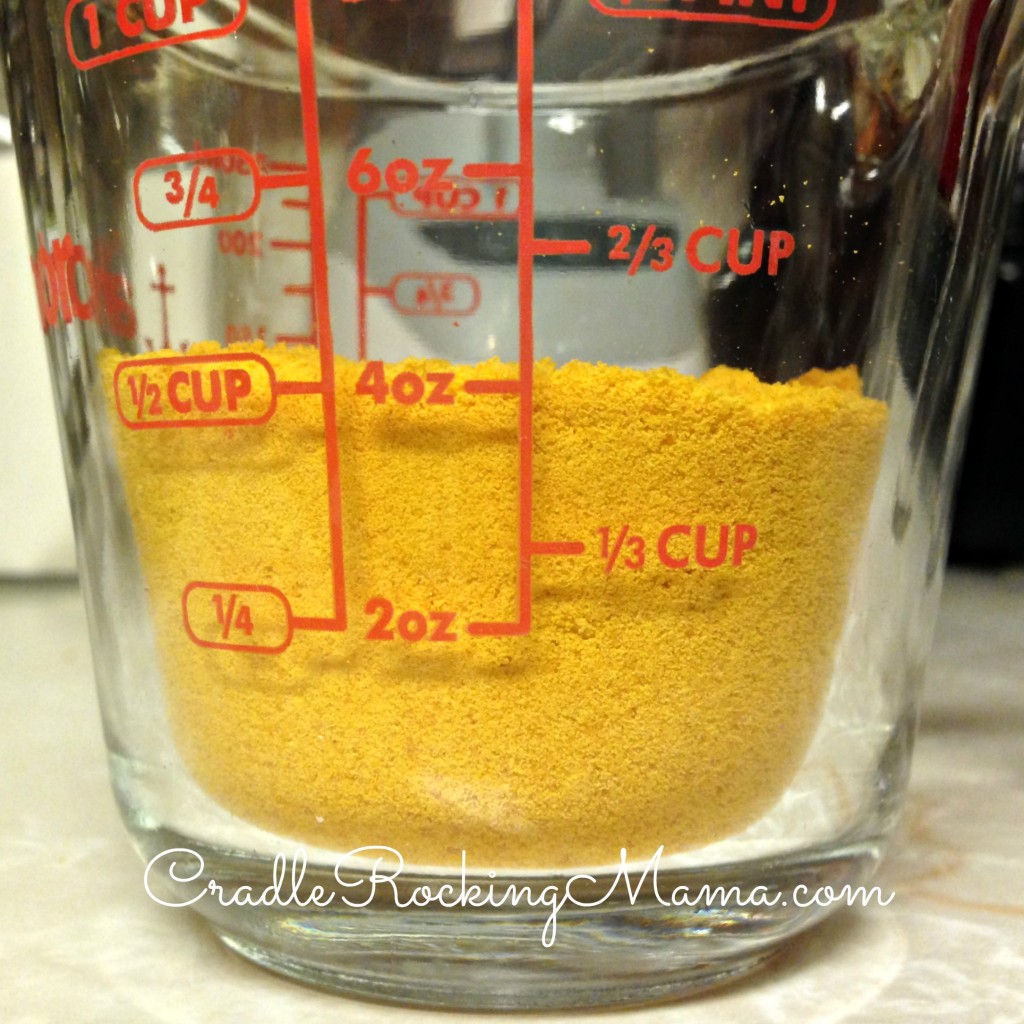
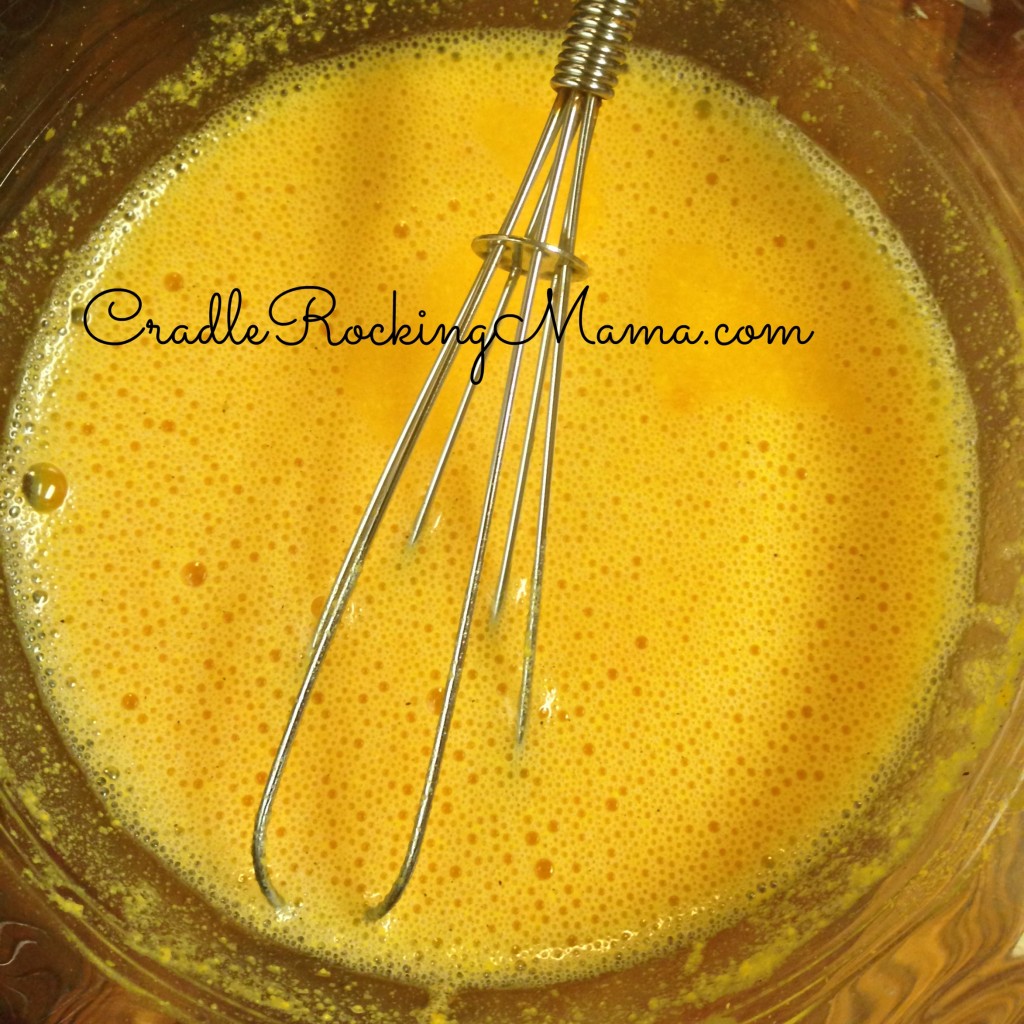
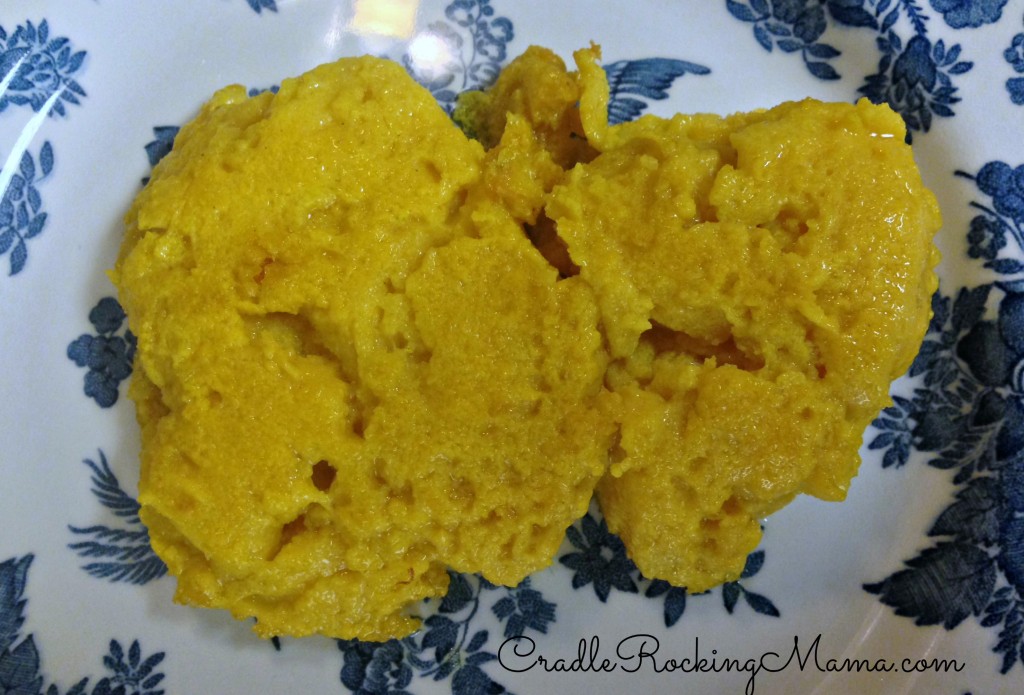






Perfect timing, Carrie! The “new chicks on the flock” are laying like crazy, but the eggs are still too small to sell and are overtaking my refrigerator! I dehydrate 2 dozen over the weekend for winter baking, and am sure I’ll do a bunch more.